Not everyone who takes drugs is an addict. Many users are able to control their substance intake and live a fairly normal life. Although in the long long-term, any level of substance abuse does affect our lives.
If you are frequently using drugs, and are worried about the level of intake, how do you know if your drug or alcohol use has crossed the line to substance abuse or addiction?
Drug abuse can cause a variety of physical disorders and have a negative impact on your mental, behavioural, social and emotional wellbeing.
Definition of Drug Addiction
Drug addiction is an illness. A brain disorder presents itself through the uncontrollable consumption of a drug, even though the user knows that to do so is damaging their health.
Even though the user knows the abuse will not end well, the impulse to continue is too great to stop. They find substance abuse both rewarding (in the desire for the drug and the short-term high it delivers), and the need strengthens as the abuse becomes more frequent.
A user may become physically or psychologically addicted, or both; depending on the drug they are using.
The effects of drug abuse on the body
When mind-altering drugs enter our system, there are a number of ways our body will react and be affected. Firstly, changes will occur within the brain and its chemical composition.
Specifically within the brain’s chemical messengers – or neurotransmitters, which control how we feel and therefore impact on our behavioural pattern.
When we ingest drugs, our neurotransmitter levels – dopamine and serotonin – increase and we feel a ‘high’. Our positive and happy senses are heightened, as these drugs focus on the ‘pleasure and reward’ areas of our brain.
Other characteristics are a loss of inhibition, and therefore our social ability increases. Many drug users who find it hard to socialise under normal circumstances, will feel less inhibited and socialise more after taking drugs.
The negative side is that our decision-making capabilities are impaired, and we don’t consider the consequences of dangerous situations, such as driving while under the influence of drugs, and we become less inhibited by sexual encounters.
Different drugs have different effects on the brain and therefore, will affect us in different ways:
Stimulants: cocaine, ecstasy (MDMA), amphetamines (speed and ice) and caffeine, speed up or stimulate our central nervous system.
They make us feel more aware and confident, but at the same time, they have a negative side, with symptoms including increased heart rate, blood pressure and body temperature; loss of appetite, stomach cramps, sleeplessness, anxiety and paranoia.
Hallucinogens: LSD, ‘magic mushrooms’ ketamine, cannabis, and PCP. These drugs warp your sense of reality, causing you to see or hear things which do not exist or see real things in a distorted way.
They will also bring on moments of emotional euphoria. The negative side of hallucinogens brings symptoms, such as paranoia, panic attacks, jaw clenching, nausea and gastric problems.
Depressants: alcohol, cannabis, opiates (heroin, morphine, codeine), GHB and benzodiazepines (mild tranquilisers). These drugs slow or decrease the function of our central nervous system. In small amounts, they can help us feel more relaxed and less inhibited.
They slow the messages being sent to our brain, which affects our coordination. When taking in higher quantities, they can cause vomiting, dehydration, and unconsciousness.
What causes drug addiction?
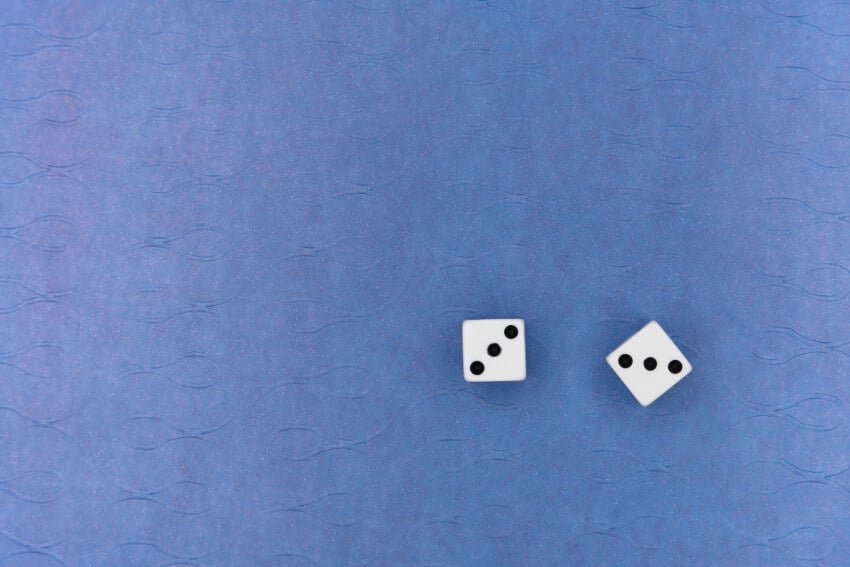
There are many reasons why a person may become dependent or addicted to a substance. Most start taking drugs as a recreational diversion to ‘real’ life. We may start taking drugs due to peer pressure, career or financial concerns, or simply because we want to have a go and see what it’s all about.
When recreational drug-taking goes further, research shows that often environmental or genetic factors may be to blame.
Genetics: it’s thought that some people are generally more inclined to develop a drug addiction because they have been exposed to a drug environment during childhood.
Either their parents or siblings were substance abusers, or they suffered childhood trauma. This is not to say that all users with a family history of abuse or trauma become substance abusers, but there is a strong possibility that it can become hereditary, increasing the likelihood of our own abuse later in life.
Environment: scientific research shows that certain environmental factors can make us more likely to become dependent or addicted to drugs or alcohol.
These include poverty, witnessing a traumatic event, dysfunctional family environment and abuse amongst our peers.
Am I drug dependent or a drug addict?
The difference between drug dependence and drug addiction can be complicated to decode, but a simplistic way of looking at it is if you are physically dependent on a substance you will be affected by tolerance and withdrawal.
Although some users can be dependent on a substance without being an addict, there is a high possibility that the dependence will become an addiction.
Drug addiction is characterised by behavioural changes which occur when biochemical changes happen in the brain. They come after prolonged substance abuse.
The addiction takes over the life of the user; the next hit becomes ‘the’ most important thing in that person’s life.
The user will act irrationally to get more of their drug of choice regardless of the damage it will do to them and to others.
What are the signs of drug addiction?
How do you know when recreational drug use becomes a dependence or an addiction? There are certain signs and symptoms to watch out for, whether you are concerned for yourself or a loved one:
- Powerless to stop taking drugs even though you know they are damaging
- Increasing the amount of drugs you take and the frequency
- You take drugs to make you feel ‘normal’
- You crave drugs and long for the next opportunity to use them
- Loss of appetite
- You no longer prioritise hobbies and activities that were important to you
- You stop caring about your physical appearance and personal hygiene
- You take drugs in situations that are dangerous, such as driving
- You are constantly thinking about where, when and how to get your next drug fix
- Family and your career become less important to you
- You fail to turn up to work and important family and social gatherings
- Your tolerance to the drug of your choice increases
- You suffer from drug withdrawal symptoms
- You have feelings of violence and hostility, often towards people that are trying to help you
Physical symptoms to watch out for include: weight fluctuation, mood swings, increased heart rate, panic and anxiety, fatigue and insomnia.
When you decide enough is enough
Thankfully, drug dependence and drug addiction are both treatable. However, to maximise treatment and minimise relapse, it’s important to choose a drug treatment centre – ideally away from your comfort zone – which offers a good range of care and treatment options which will nurture the recovery period.
It’s essential to choose a specialised centre for substance abuse where the staff understand addiction and the problematic patterns of abuse.
Why choose White River Manor?
Here at White River Manor Luxury Rehabilitation Centre in South Africa, we are proud to have a world-class team of therapists and addiction recovery specialists with decades of experience, on hand to provide bespoke treatment through holistic and collaborative therapy.
Our dedicated team includes addiction specialists, clinical psychologists, counselling psychologists, a professor of psychiatry, a CBT (cognitive behavioural therapy) expert and a behavioural specialist.
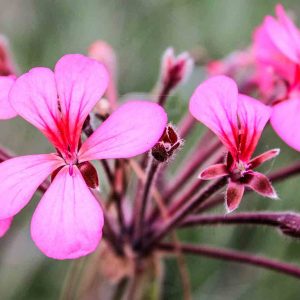

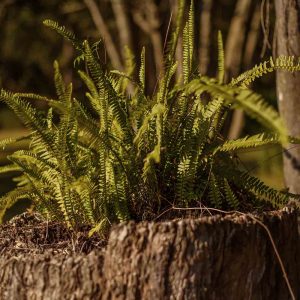


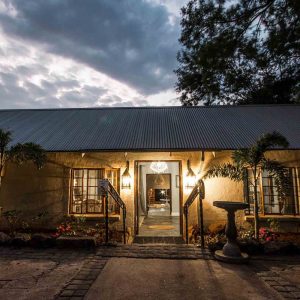

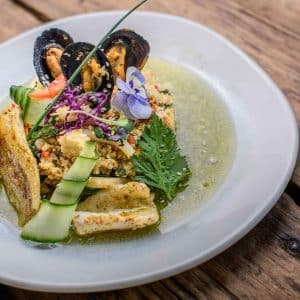

A dietician and personal trainer look after your health and fitness requirements, and a dedicated team of nurses are on-site 24-hours a day. What is essential is that clients feel safe, supported and connected during their stay.
Our treatment centre is set on a sprawling 100-year-old estate with beautiful tranquil gardens in the heart of Mpumalanga and just 30 minutes drive from the Kruger National Park.
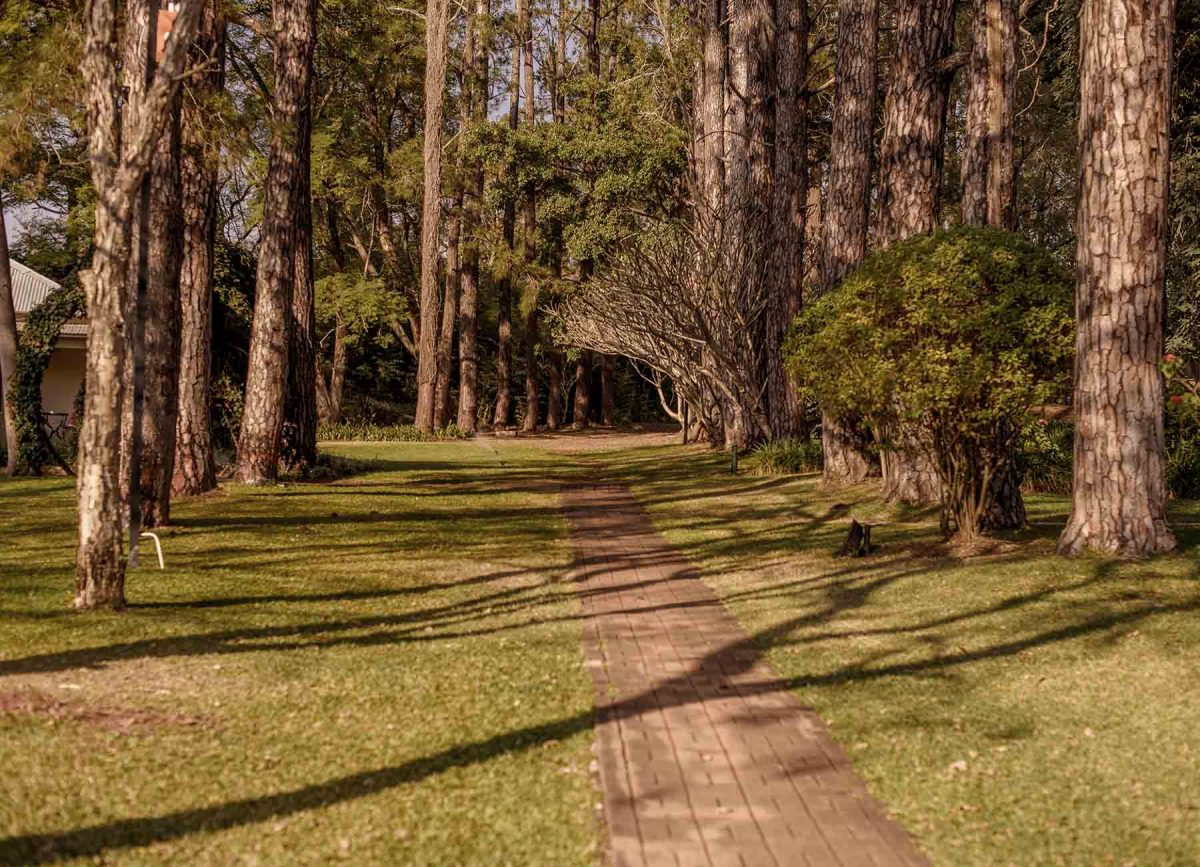
Originally an old English farm, the property has lots of space and fresh air, it’s a wonderfully therapeutic setting. The accommodation has been designed for maximum comfort and privacy, with a choice of luxury shared suites and private individual villas with pretty verandas. The estate also provides a fully secure environment.
Our specialised environment and addiction treatment program will help you to manage and reduce your drug cravings and withdrawal symptoms.
We provide supportive care for the user and their family, helping to get you back on track and enjoying a substance-free life.
If you believe you are dependent on drugs or a drug addict, please get in touch with us today for a confidential chat. It’s never too late to seek help.

